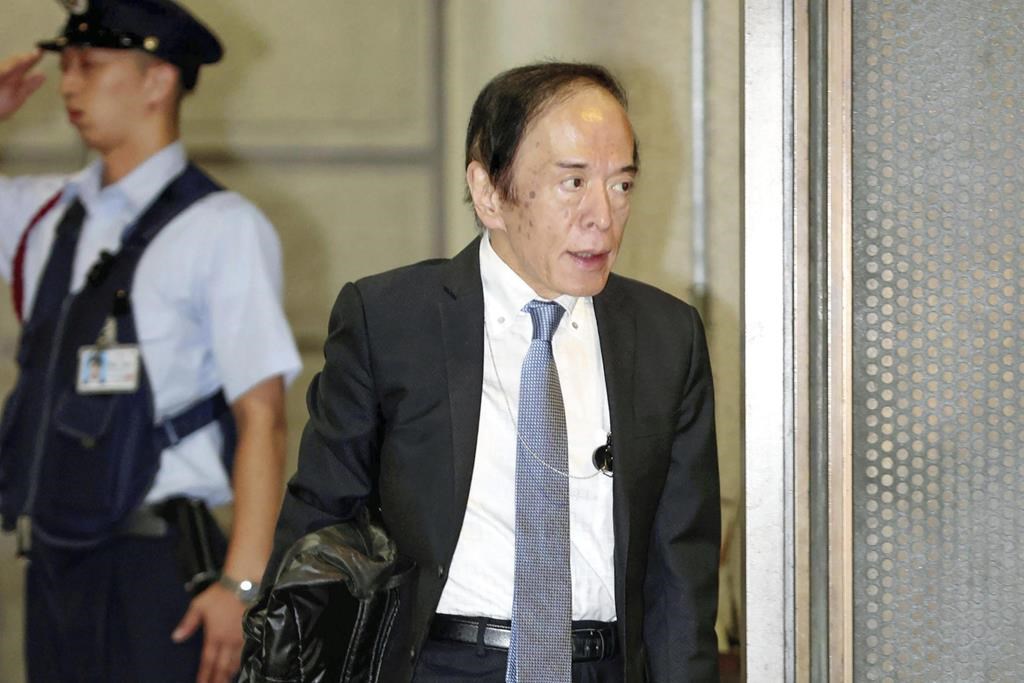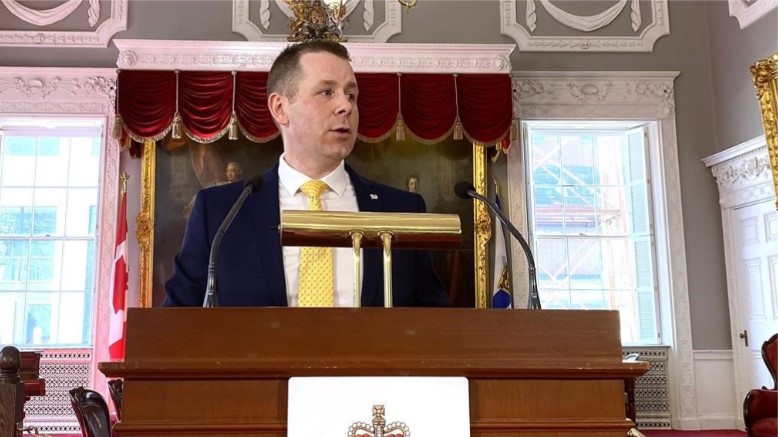Japan’s central bank retains key interest rate while fine-tuning bond purchases for more flexibility

Posted Jul 28, 2023 08:31:16 AM.
TOKYO (AP) — Japan’s central bank opted Friday to keep its benchmark interest rate at minus 0.1% but fine-tuned its bond purchases to allow greater flexibility in its policies given the “high uncertainties” facing the world’s third-largest economy.
The Bank of Japan said it needed a nimbler approach to keep financial markets stable as it works toward a goal of keeping inflation near 2%, the level it says is needed for sustained economic growth. The bank’s governor, Kazuo Ueda, said the move was a not a step toward giving up its ultra-lax monetary policy.
The BOJ said it would offer to buy 10-year Japanese government bonds at 1% each business day. It also said 0.5% upper and lower limits on its yield, which were imposed under the bank’s “yield curve control program” would be handled more flexibly.
After the BOJ’s announcement, the yield on the 10-year government bond surged to 0.575%, but ended the day at 0.55%. The yield on the 10-year U.S. Treasury rose to nearly 4.04% before it fell back to 3.98% early Friday U.S. time.
The aim of the Bank of Japan’s ultra-lax monetary policy is still to keep long-term interest rates near zero. For many years it has kept rates low. For the past decade, it has also used massive asset purchases to keep credit cheap to try to spur investment and spending and prop up economic growth.
As the Federal Reserve and other major central banks have raised interest rates to slow lending and curb inflation, the BOJ has felt pressure to adjust that stance. Japan’s inflation rate has lagged behind the torrid price increases seen last year in the U.S. and Europe but in June topped 3%.
The BOJ has resisted raising its longstanding minus 0.1% benchmark rate out of concern that growth in Japan, the world’s third-largest economy, may slow given risks of recession in the U.S. and other major economies. A slump in China has added to those uncertainties.
Ueda, who took up his post in April, said Friday that the central bank would not allow the 10-year Japanese government bond yield to rise above 1%. He denied it was a step toward “normalizing” policy toward a more neutral stance.
“This isn’t a step toward normalization. We’re still far from where we can raise short-term rates,” Ueda told reporters.
Friday’s decision followed a flurry of speculation over potential policy changes. Markets tend to get a jolt from any whiff of a change, and on Friday the benchmark Nikkei 225 fell by as much as 2.6% before ending 0.4% lower, at 32,759.23. But banks rallied on expectations of higher returns, with the TOPIX Banks index up 4.6%.
“We still think that a slowdown in inflation will convince the bank to keep its short-term policy rate unchanged over the coming months,” Capital Economics said in a research note. But it said given signs that prices are rising along with wages, “the risks of the Bank tightening policy in earnest are rising.”
Friday’s statement revised the central bank’s estimate for economic growth in the current fiscal year, ending in March, to 1.3% from 1.4%. It raised the forecast for core inflation excluding food to 2.5% from an earlier 1.8%.
“With extremely high uncertainties surrounding economies and financial markets at home and abroad, the Bank will patiently continue with monetary easing while nimbly responding to developments in economic activity and prices as well as financial conditions,” said the statement issued after the BOJ’s policy meeting.
The gap between Japan’s negative benchmark rate and rates in the U.S. has caused the Japanese yen to weaken against the U.S. dollar. That has amplified price pressures in Japan, raising costs for consumers and manufacturers given the country’s heavy reliance on imports, for which prices have risen sharply since the pandemic.
A major reason the BOJ moves so cautiously in adjusting its policies is the fear of overshooting its goals.
“Despite today’s surprise tweak to the (yield curve control) policy, we continue to believe that Governor Ueda is determined to avoid premature tightening and will take time to carefully assess whether the economy is on track to achieve 2% inflation within his five-year term,” Oxford Economics said in a commentary.
The Associated Press








